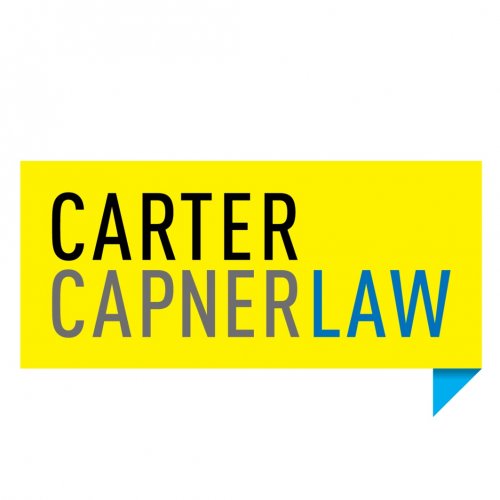Best Property Damage Lawyers in Brisbane
Share your needs with us, get contacted by law firms.
Free. Takes 2 min.
List of the best lawyers in Brisbane, Australia
About Property Damage Law in Brisbane, Australia
Property Damage Law in Brisbane, Australia operates under the broader umbrella of the Australian legal framework for tort law, criminal law, and property law. In essence, it pertains to the legal implications of damage caused to one's property, whether through negligence, willful action, or natural disasters. Cases can range from minor incidents such as a stray cricket ball breaking a window, to major disputes involving severe damage to buildings or land.
Why You May Need a Lawyer
Engaging a lawyer can be highly beneficial for dealing with property damage cases for a number of reasons. If you're seeking to claim compensation for damage to your property, having proficient legal advice can streamline the processes involved, maximize your entitlements, and protect your rights. Disputes involving property damage can become complicated, especially where it needs to be established who is at fault, or where insurance companies are involved. Lawyers can also assist in navigating through the negotiations with the parties involved and the paperwork required.
Local Laws Overview
In Brisbane, property damage incidents are mainly governed by the rules set out in the Civil Liability Act 2003 (QLD) and the Criminal Code Act 1899 (QLD). The former is generally applied in civil disputes where a party is seeking compensation for damage, and the latter deals with deliberate property damage and the corresponding criminal punishments. In terms of natural disasters, the Insurance Contracts Act 1984 (Cth) and policies set by the Insurance Council of Australia provide a framework for property damage coverage and claims.
Frequently Asked Questions
What constitutes 'property damage'?
'Property damage' refers to the alteration, harm, or destruction of tangible property caused by a person's action or inaction, or due to a natural calamity. This can be either temporary or permanent damage to an object, land, or building.
What is the difference between civil and criminal property damage?
Civil property damage refers to cases where a party seeks compensation for damage to their property. In contrast, criminal property damage implies damage caused intentionally or recklessly to someone's property and could lead to criminal proceedings and punishments.
Is damage caused by natural disasters covered by law?
Damage caused by natural disasters is typically not handled as a liability issue unless it involves a negligence factor (e.g., poor building standards). However, compensation for such damage is often covered under home and contents insurance policies.
What are my rights if my property is damaged by another person?
If your property is damaged due to another person's actions or negligence, you have the right to seek financial compensation for your loss, repair costs, or reduction in property value. A lawyer can provide you with advice to safeguard your rights.
Can I handle the case myself?
While you may choose to handle minor disputes yourself, it's advisable to seek legal counsel for severe or complex property damage cases. This is especially beneficial where large sums of money are involved, or where the case may go to court.
Additional Resources
For further assistance, you can reach out to various bodies such as the Queensland Law Society, the Legal Services Commission, or the Australian Disputes Centre. These entities offer resources for understanding your legal rights, finding a lawyer, and potentially resolving disputes without litigation wherein possible.
Next Steps
If you require legal assistance in property damage, first document the extent of the damage, and collate any evidence that supports your case. Consultations with a lawyer can help clarify any uncertainties and structure your approach towards seeking compensation or resolving the dispute. Remember to seek legal advice early to ensure that you are fully aware of your rights and potential courses of action.
Lawzana helps you find the best lawyers and law firms in Brisbane through a curated and pre-screened list of qualified legal professionals. Our platform offers rankings and detailed profiles of attorneys and law firms, allowing you to compare based on practice areas, including Property Damage, experience, and client feedback.
Each profile includes a description of the firm's areas of practice, client reviews, team members and partners, year of establishment, spoken languages, office locations, contact information, social media presence, and any published articles or resources. Most firms on our platform speak English and are experienced in both local and international legal matters.
Get a quote from top-rated law firms in Brisbane, Australia — quickly, securely, and without unnecessary hassle.
Disclaimer:
The information provided on this page is for general informational purposes only and does not constitute legal advice. While we strive to ensure the accuracy and relevance of the content, legal information may change over time, and interpretations of the law can vary. You should always consult with a qualified legal professional for advice specific to your situation.
We disclaim all liability for actions taken or not taken based on the content of this page. If you believe any information is incorrect or outdated, please contact us, and we will review and update it where appropriate.












